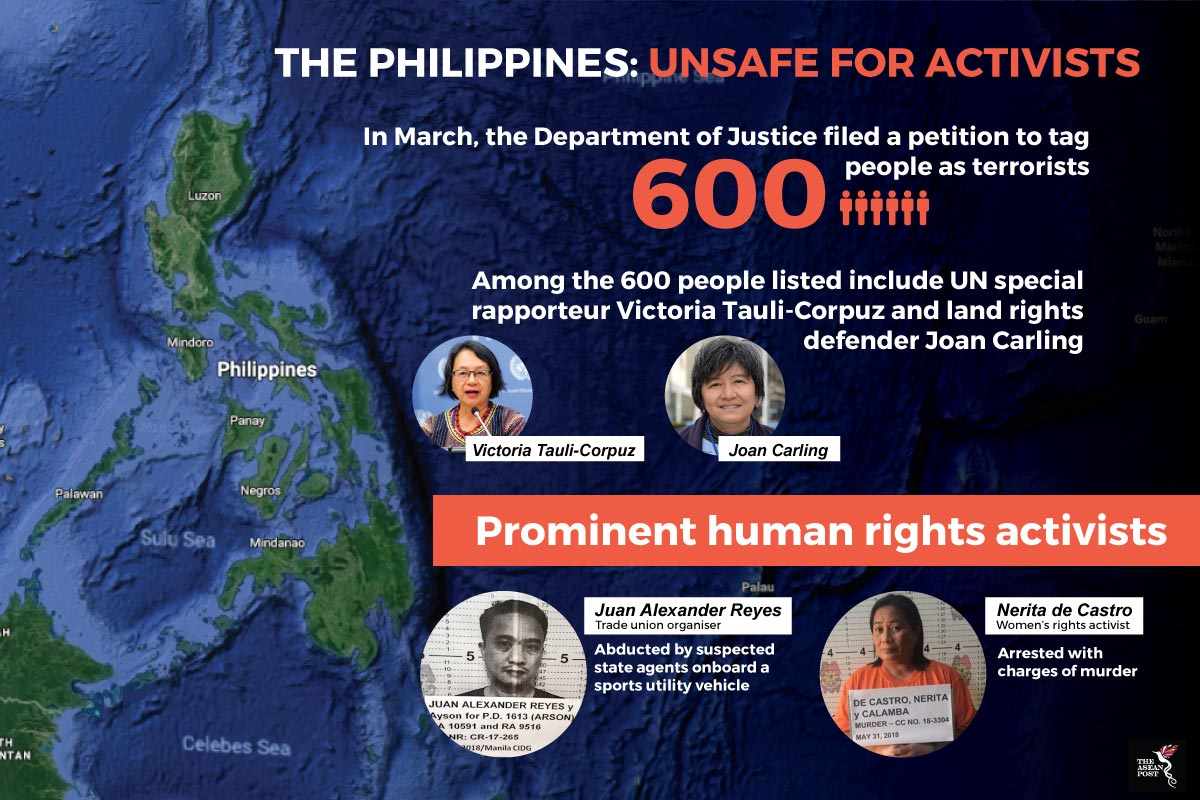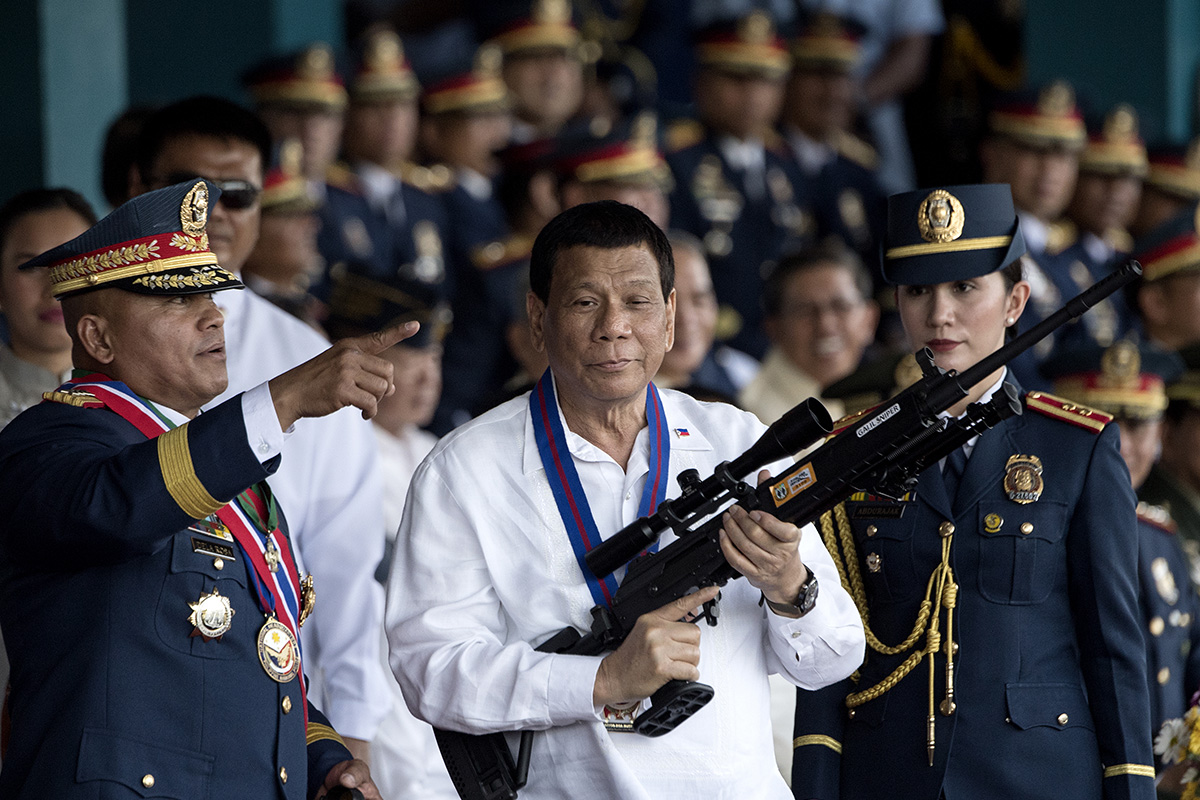Rodrigo Duterte’s presidency has been nothing short of controversial. Ever since he was elected as the 16th President of the Philippines two years ago, he has drawn criticism from activists and leaders the world over. Most recently, Duterte was condemned for forcibly kissing an overseas Filipina worker on the lips during a live event.
This latest controversy encapsulates Duterte’s reign well – he will do what he wants, whenever he wants, regardless if the whole world is watching. Duterte’s attitude has been divisive to say the least. While he may receive fierce criticism from activists, civil society members and from the international community, he continues to enjoy the strong backing of his people. A pollster revealed in January that Duterte enjoys an 80 percent approval rating, making him the most popular president of the Philippines in the past 20 years.
Having a popular president can be a double-edged sword. On one hand it reveals that a large segment of the population is satisfied with the presidency. On the other, it can lead to the government pushing controversial policies without proper checks and balances. Among those instrumental in keeping the government in check are activists and members of civil society. In the Philippines however, Duterte is quickly making the country unsafe for activists who are outspoken about the government.
Ever since Duterte began his war on drugs in 2016, there have been instances where human rights activists who criticized the president’s actions were publicly humiliated, silenced and even arrested. Last year, fierce critic of Duterte’s war on drugs, Senator Leila De Lima was arrested for her alleged involvement in the illegal drugs trade when she was justice minister in the previous administration. The senator has strongly denied these charges and many have claimed that the charges against her are politically motivated. Human rights group Amnesty International claims that Duterte made her a “target of his divisive rhetoric.”

Source: Karapatan
Other activists have received similar or worse treatment. On 2 June, trade union organizer Juan Alexander Reyes was abducted by suspected state agents aboard a white sports utility vehicle. A hood was placed on his head and he was brought to the Criminal Investigation and Detection Group NCR office where he was interrogated by police and military agents. According to the police he was arrested for arson and illegal possession of firearms and explosives. However, Reyes has vehemently denied the charge and claims that the arrest was political.
Prior to that, women’s rights advocate Nerita de Castro was arrested and slapped with murder charges. De Castro was denied her right to call her family or a lawyer. She was also accused of being a high-ranking member of the New People’s Army (NPA) and the Communist Party of the Philippines.
Earlier this year, the Philippine government shocked its citizens when the Department of Justice filed a petition before a Manila court asking it to label more than 600 people as terrorists. Among the 600 people listed was United Nations (UN) special rapporteur on the rights of indigenous peoples, Victoria Tauli-Corpuz, for allegedly being a senior member of the Maoist rebel group. Other people on the list are human rights activists, indigenous activists, left-wing activists and members of the Communist Party. The government petition is seen as an act of intimidation, sending a message that activists can no longer hold the government accountable without fear of repercussions.
“If governments in the region can target high profile human rights defenders and those associated with the UN with impunity, what is the message to others at community level who are not afforded the same visibility?” said Andrew Gilmour, UN assistant secretary-general for human rights.
Others view the list as a “hit list” that could become the catalyst for political killings to return to the country.
“The justice department’s petition is a virtual government hit list. There’s a long history in the Philippines of state security forces and pro-government militias assassinating people labeled as NPA members or supporters,” said Carlos Conde, Human Rights Watch Asia Division Researcher.
